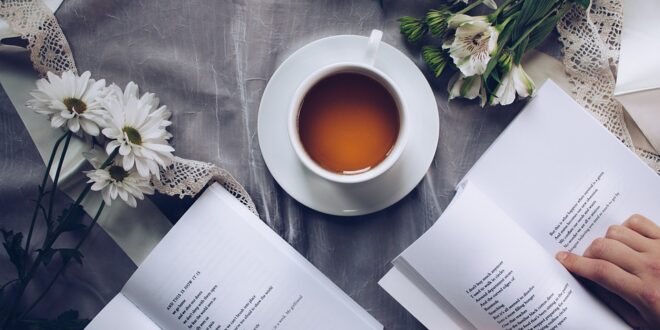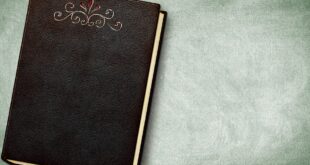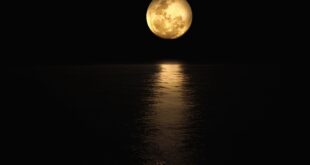The Art of Poetic Paradox
When it comes to poetry, one of the most stunning and captivating features is the use of paradox. Defined as a statement that appears to be self-contradictory or absurd but in reality, expresses a possible truth, paradox plays a crucial role in poetic language. The art of mixing contradictory concepts in a clever and expressive way evokes feelings of awe and wonder to the reader, and it serves as a reflection of the complexities of the human experience.
The Beauty of Words
Words, themselves, are powerful tools for expressing ideas and emotions. Poetic language takes the power of words to the next level by using them to create vivid images, stir up emotions, and weave together complex narratives. The beauty of poetic paradox lies in its ability to convey seemingly contradictory concepts simultaneously, making it a complex and fascinating form of art that requires skill and talent.
Captivating the Reader
Paradox creates a sense of surprise or shock which captures our attention and draws us into the poem. It turns the reader’s expectations upside down and upside up again. It makes them consider a thought that contradicts what they may have known before. By introducing a fascinating mixture of the known and the unknown, the familiar and the strange, poetry that incorporates paradox retains a hold over its readers long after they’ve finished reading. It is likely that they will come back to it multiple times, as the complexity of the phrases reveals more than first anticipated.
The Layers of Poetic Paradox
Poetic paradox comes in different forms, such as linguistic paradox, situational paradox, and symbolic paradox, to name a few. Linguistic paradox is an expression structured from two opposite concepts. It confuses but compels the reader, tangles and release tensions within the context. Situational paradox results from the progressions that exist among causal events. It provides an unexpected turn of events that subvert reader expectations. And by taking advantage of the ambiguity of words, symbolic paradox establishes a synthesis and interconnectedness that leads towards one particular meaning.
Awe-Inspiring Persona
The use of poetic paradox within poetry reveals the mind of the poet. It requires introspective curiosity, active questioning to unearth question-raising answers – the art of teasing, intriguing, and revolutionizing previously clotted thought every day. Baudelaire paired “the intoxicating triumph of mounting in “Anywhere Out of the World” with a cognitive occupation of concepts that churned uncertainty into newfound order. Rimbaud fawned over the pleasure of thought in “Illuminations.” Sylvia Plath picked at the discord of life’s essential quality in “Daily Astrology,” intertwining society’s lexis to expose ambiguities across verse.
In Conclusion
Poetry leveraging paradox descends into truth-exposing for literature in a relevant era. Within a poem laced with paradoxical phrasing, there is an unreserved sparkle that captivates the reader’s attention, imbutes wonder and perplexity, and beyond its historical context, conveys meaning that disponds long, overwhelming texts. With paradox in our reading, there is always what must be witnessed, and surely the reader after the last page is a different one than before. And with poetry’s unforgettable paradox, the evanescent sensation experienced allows for pause in seeing the forgotten challenges abridging research intellect, universe whimsy, and raw, bold emotion all woven together in a nearly numinous, inextricable dance of humanity that rears people towards hope, revitalizing connective tissue between fracture ghosts and people who choose of themselves to care.
 Mind Uncharted Explore. Discover. Learn.
Mind Uncharted Explore. Discover. Learn.


